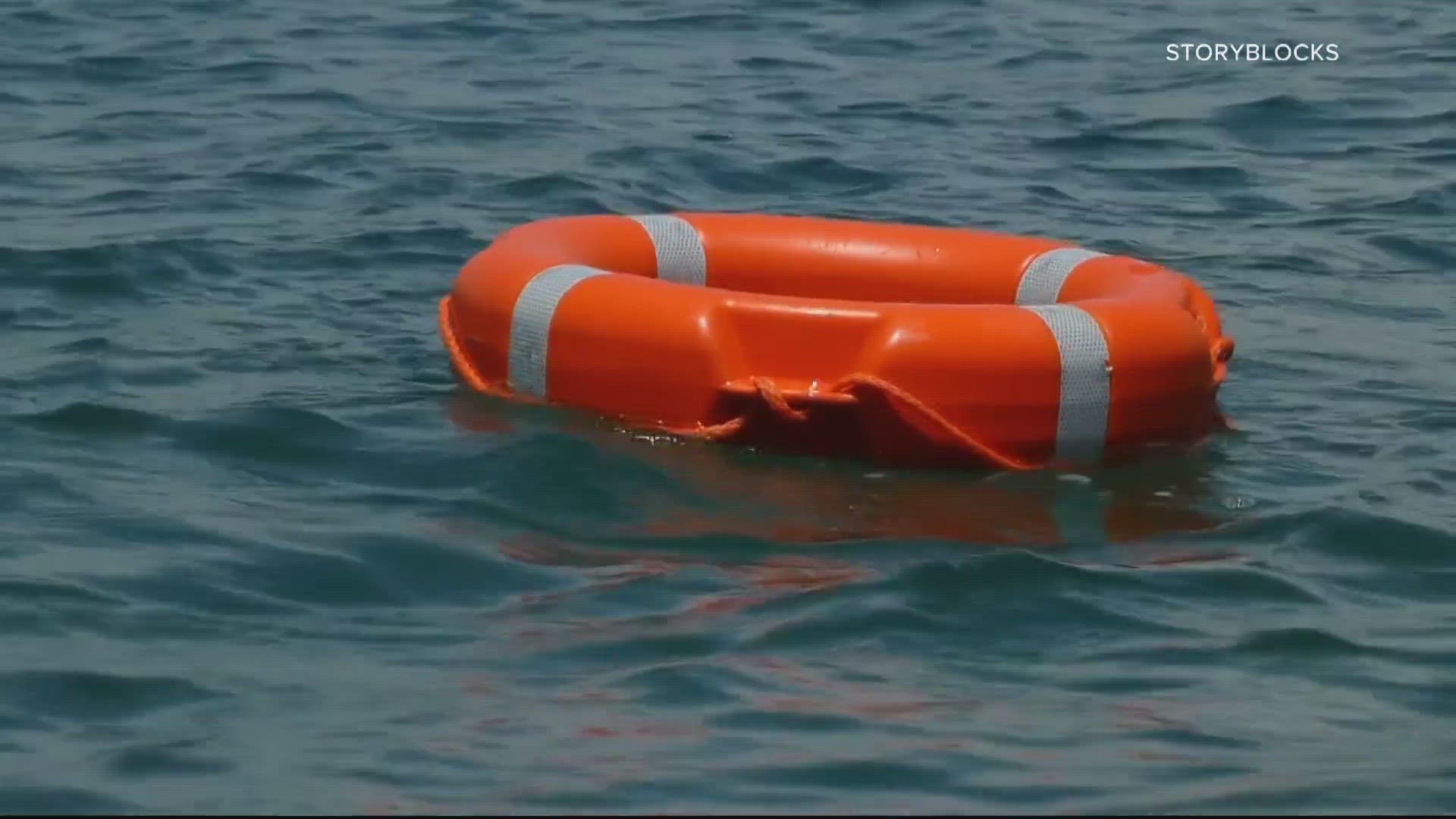WASHINGTON — The search and rescue effort to find and save the five people in a submersible that has not been heard from since it descended to visit the wreckage of the Titanic has captured the attention of millions of people around the world.
The U.S. Coast Guard, Canadian Coast Guard, and several private companies have pooled their resources over the last couple days. Experts suggested the submersible only had enough air to last the occupants a few days if they remained alive.
While the focus for most was on the immense task of locating the Titan and bringing it back to the surface if it was still on the ocean floor 12,000 feet beneath the surface, some people wondered if the passengers onboard would pay for the resources deployed to rescue them.
One of the five people is the CEO of the company that owned the submersible; another is a renowned Titanic expert; one is a British billionaire; and the other two are a Pakistani businessman and his son. The latter three are said to have paid $250,000 apiece for the right to be part of the crew onboard this OceanGate research mission.
QUESTION:
Do people who are rescued by the U.S. Coast Guard have to pay for the resources used to save them?
SOURCES:
ANSWER:
No, a person rescued by the Coast Guard does not have to pay to be saved.
WHAT WE FOUND:
Any kind of rescue mission requires a skilled team and specialized resources, and the question of who should foot the bill has been debated for a long time.
But there is no debate within the Coast Guard itself. A spokesperson told the WUSA9 VERIFY team on Wednesday that no individual is ever billed for their rescue.
Lt. Cmdr. Gabe Somma, a Coast Guard rescue pilot, explained to CBS news, "The last thing we want you to do if you are in distress is to weigh whether or not you can afford it because you're afraid we're going to come after you for reimbursement."
The Coast Guard spokesperson also told us that there is an exception in the case of a commercial vessel that needs to be salvaged after a wreck. While the individuals onboard will not have to pay for their rescue, there is a fee associated with the salvage effort. The spokesperson said that is either paid by the vessel's owner or their insurance carrier.
A handful of states, however, have reimbursement laws for some rescues.
For example, counties in California can pass ordinances allowing them to charge people up to $12,000 to be saved. Vermont passed a law that allows rescue groups to charge skiers who need saving after leaving designated ski areas.

